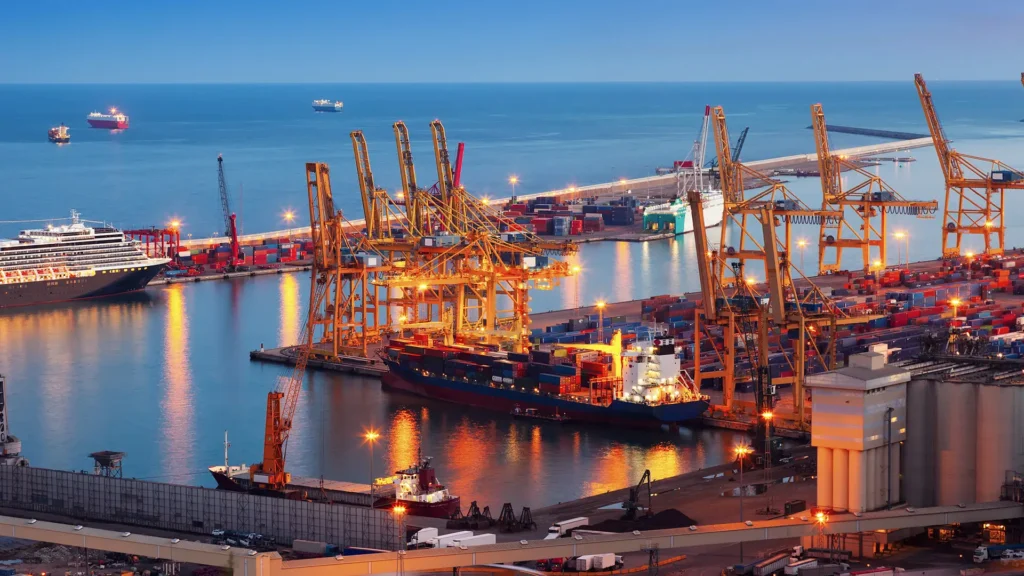It is very common at the beginning of the year for experts and representatives from retailers, manufacturers and logistics and distribution to evaluate their prospects for each year. The main objective in this type of assessment is to analyze the challenges and trends for the future, going beyond the period that is just beginning.
The logistics sector plays a fundamental role in the production process, without efficiency in the distribution cycle there is a cascade effect that generates financial losses, customer dissatisfaction and prevents future growth.
>> Learn more: The future of companies passes through cloud computing
Innovation has been a great driver to boost the logistics sector and for that reason, we are going to list some of the main technologies that help in this growth.
Technologies driving the logistics industry
1. The already known electronic commerce
Improving e-commerce is an obvious way to serve customers, reaching a broader consumer base and increasing revenue. Both wholesale and retail rank increasing e-commerce sales as a top priority each year. For the logistics sector, the focus is on streamlining deliveries due to the increased e-commerce needs of retailers.
2. Companies' strategic use of CRM solutions
CRM (Customer Relationship Management) systems are designed to improve relationships with existing customers. A well-implemented CRM system can improve a company's efficiency, data management and customer loyalty, improving the customer experience.
Logistics, as an integral part of the life cycle of a sales process, has a direct impact when this satisfaction is not achieved, especially when there is inefficiency in distribution.
3. The strong presence of mobile devices in the purchase process
It's no secret that consumers want to buy products anytime, anywhere, and this demand leads the market today. Thus, commerce through mobile devices is one of the main factors driving the growth of wholesale and retail.
Suppliers and retailers need to offer a seamless experience, which includes the logistical process, a digitally consistent brand message throughout the purchase process.
>> Learn more: Cloud computing is the tool for business growth
4. Cloud computing as an essential tool for development
Cloud computing provides the innovation and agility needed in an ever-changing and expanding market. Investments in technology can be costly, both for the purchase of resources and for IT department staff.
The cloud makes it possible to financially reduce investments in IT, expanding the technological level of companies. This technology resource must be incorporated into the logistics sector so that it can keep up with strong changes.
5. The use of software for warehouse management
There is increasing pressure on the part of suppliers and retailers, aiming at a quick service, the use of solutions for warehouse management. Doing so maintains the integrity of supply chains, from supplier to customer.
Once again, logistics as a vital part of this chain needs to adapt to the use of this management technology so that it does not create negative impacts on the process.
>> Learn more: 4 Essential Steps for the Transportation Industry to Move to the Cloud
6. Control of finances using accounting and ERP solutions
A corporate and financial resource planning system is an integral part of organizations. The benefits of cloud-based ERP and accounting solutions include data security, ease of data sharing and cost savings.
The financial impact of operating costs, including transportation, is much more evident in processes that adopt cloud management solutions. Therefore, the responsibility and importance of having a logistics sector updated with technology.
7. Innovation using RFID technology
Radio frequency identification is causing a huge transformation in the industry. More and more companies are starting to use it to track products and inventory, it increases efficiency in managing large quantities of goods compared to barcode systems.
Subscribe to our blog and stay on top of Cloud Computing news for the logistics sector.




